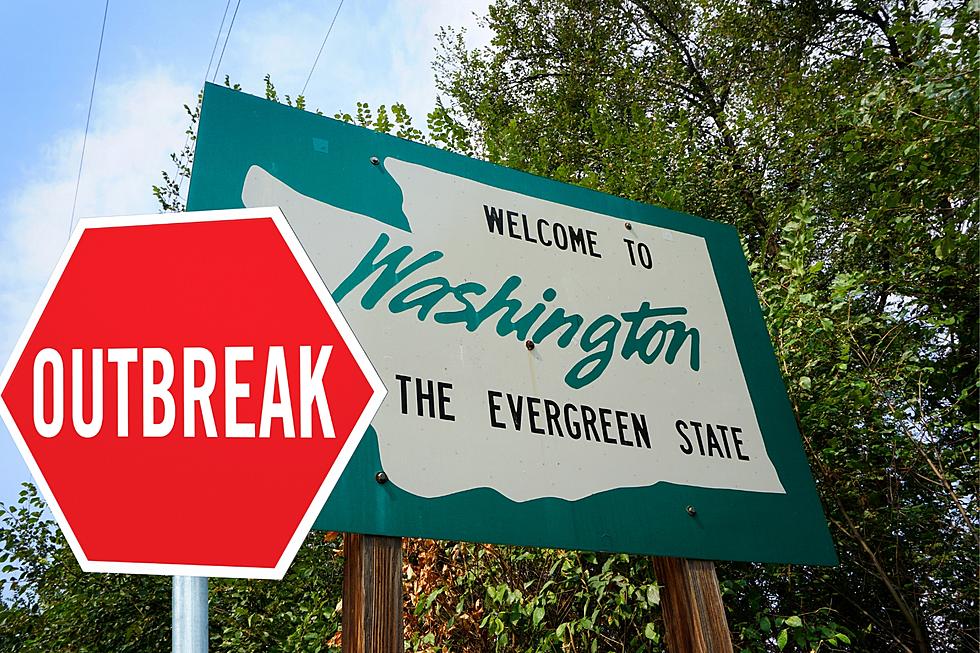
Warning: Dangerous Outbreak in 17 States, Including WA, What You Need to Know
There's a dangerous health concern regarding 17 states including Washington.
The Centers for Disease Control and Prevention is observing the dangerous health situation, where more than a dozen states have reported measles cases. As of March 14th, 58 cases were reported in Arizona, California, Florida, Georgia, Illinois, Indiana, Louisiana, Maryland, Michigan, Minnesota, Missouri, New Jersey, New York City, Ohio, Pennsylvania, Virginia, and Washington. Measles can be especially dangerous for babies.

What are the signs and symptoms of measles?
High fever, cough, runny nose, and red, watery eyes (conjunctivitis) are the most common. 3-5 days after symptoms begin, a rash occurs on the face and spreads to the neck, torso, arms, legs and feet. Common complications of measles include diarrhea and ear infections.
Prevention of measles can be accomplished with MMR vaccine.
The vaccine protects against three diseases: measles, mumps, and rubella. CDC recommends children get two doses of MMR vaccine, starting with the first dose at 12 through 15 months of age, and the second dose at 4 through 6 years of age. Teens and adults should also be up to date on their MMR vaccination.
Severe complications of measles in adults and children include the following:
Hospitalization. About 1 in 5 unvaccinated people in the U.S. who get measles is hospitalized.
Pneumonia. As many as 1 out of every 20 children with measles gets pneumonia, the most common cause of death from measles in young children.
Encephalitis. About 1 child out of every 1,000 who get measles will develop encephalitis (swelling of the brain) that can lead to convulsions and can leave the child deaf or with intellectual disability.
Death. Nearly 1 to 3 of every 1,000 children who become infected with measles will die from respiratory and neurologic complications.
Complications during pregnancy. Measles may cause pregnant women who have not had the MMR vaccine to give birth prematurely, or have a low-birth-weight baby.
KEEP READING: See 25 natural ways to boost your immune system
KEEP READING: 15 Natural Ways to Improve Your Sleep
Answers to 25 common COVID-19 vaccine questions
Gallery Credit: Stephanie Parker
